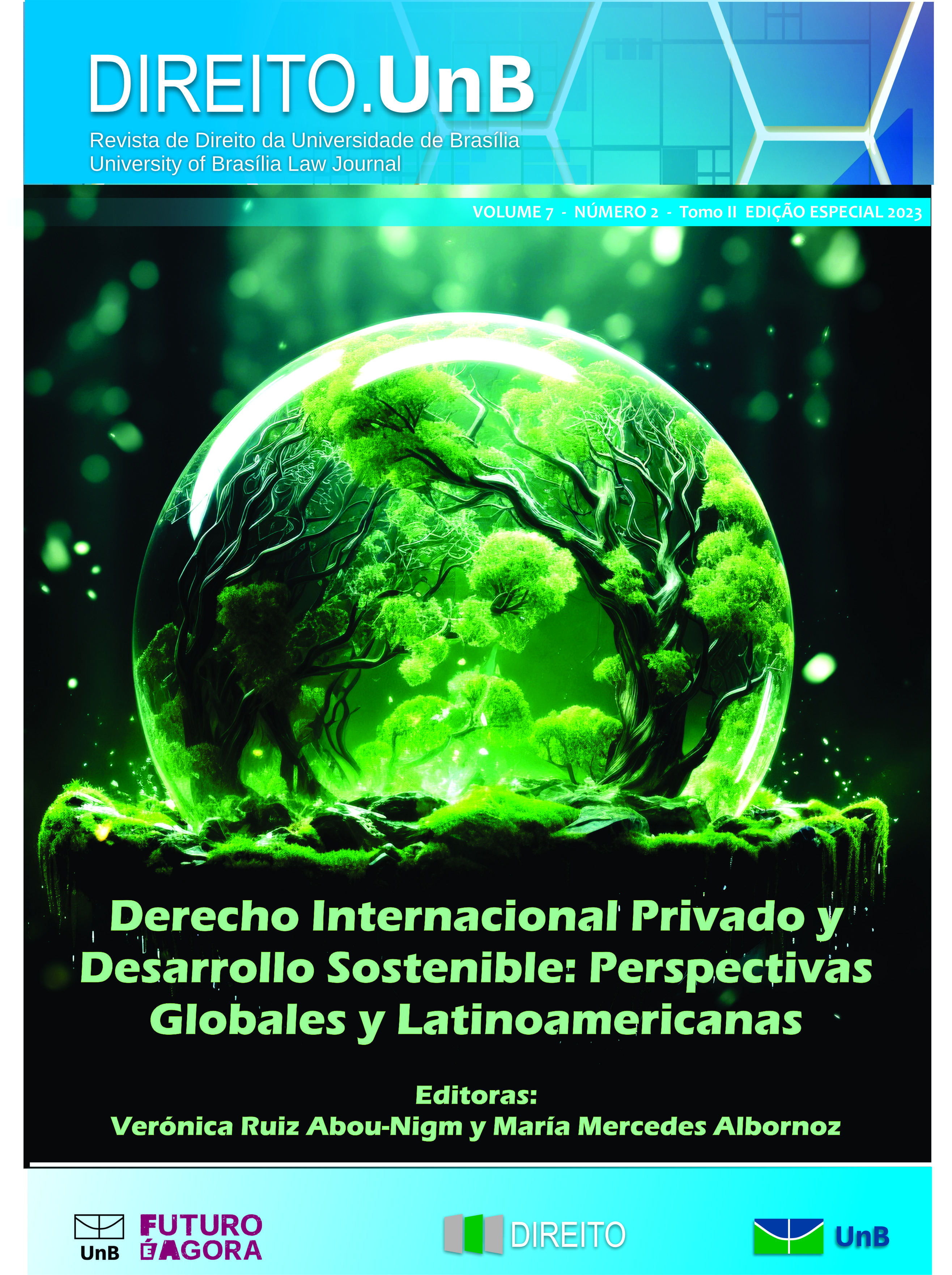German Federal Court of Justice rules on what constitutes a genuine international element within the meaning of Art. 3(3) of the Rome I-Regulation (BGH, judgment of 29 November 2023, No. VIII ZR 7/23)
by Patrick Ostendorf (HTW Berlin)
The principle of party autonomy gives the parties to a contract the opportunity to determine the applicable substantive (contract) law themselves by means of a choice-of-law clause – and thus to avoid (simple) mandatory rules that would otherwise bite. According to EU Private International law, however, the choice of the applicable contract law requires a genuine international element: in purely domestic situations, i.e. where “all other elements relevant to the situation at the time of the choice” are located in a single country, all the mandatory rules of this country remain applicable even if the parties have chosen a foreign law (Art. 3 (3) Rome I Regulation).

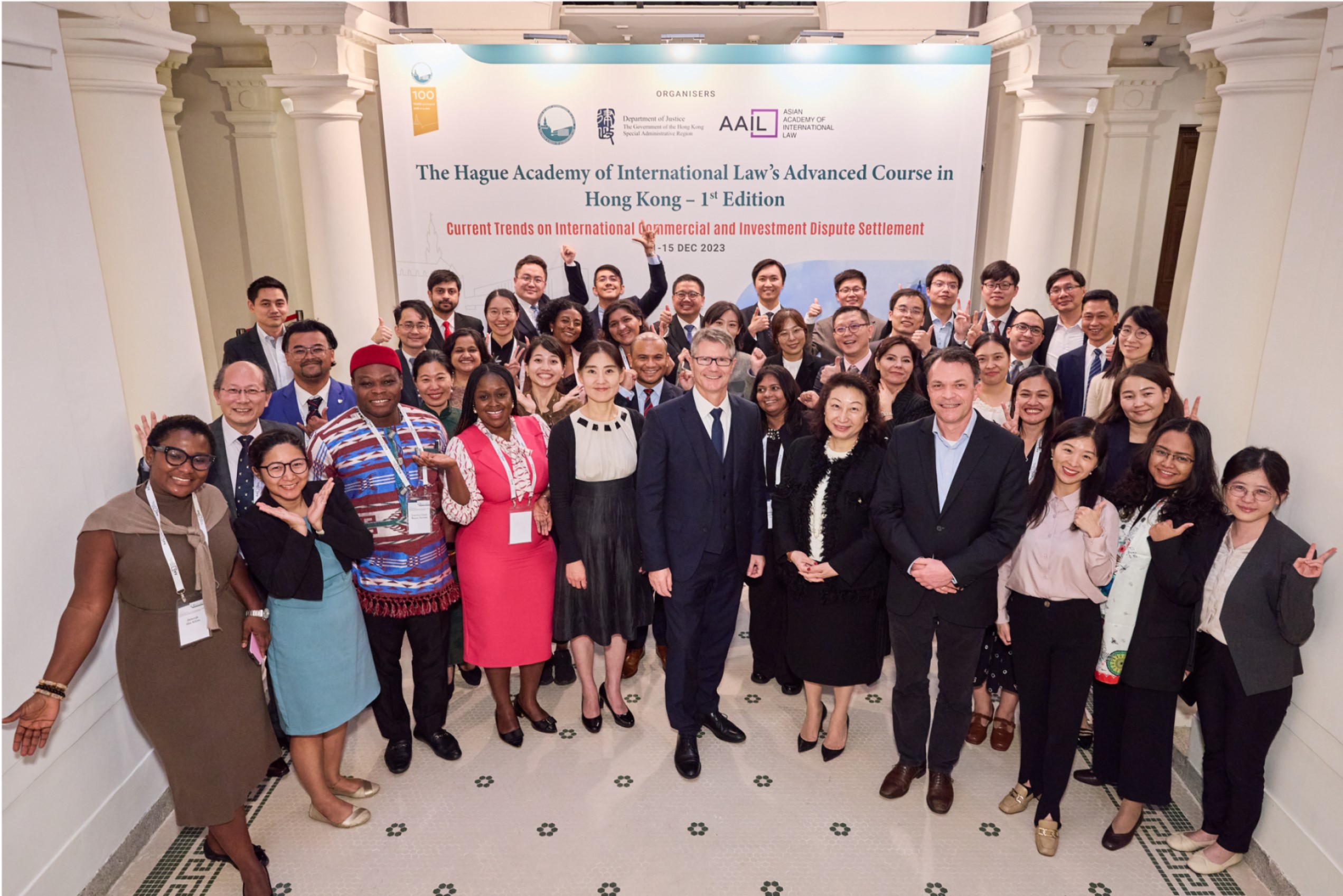
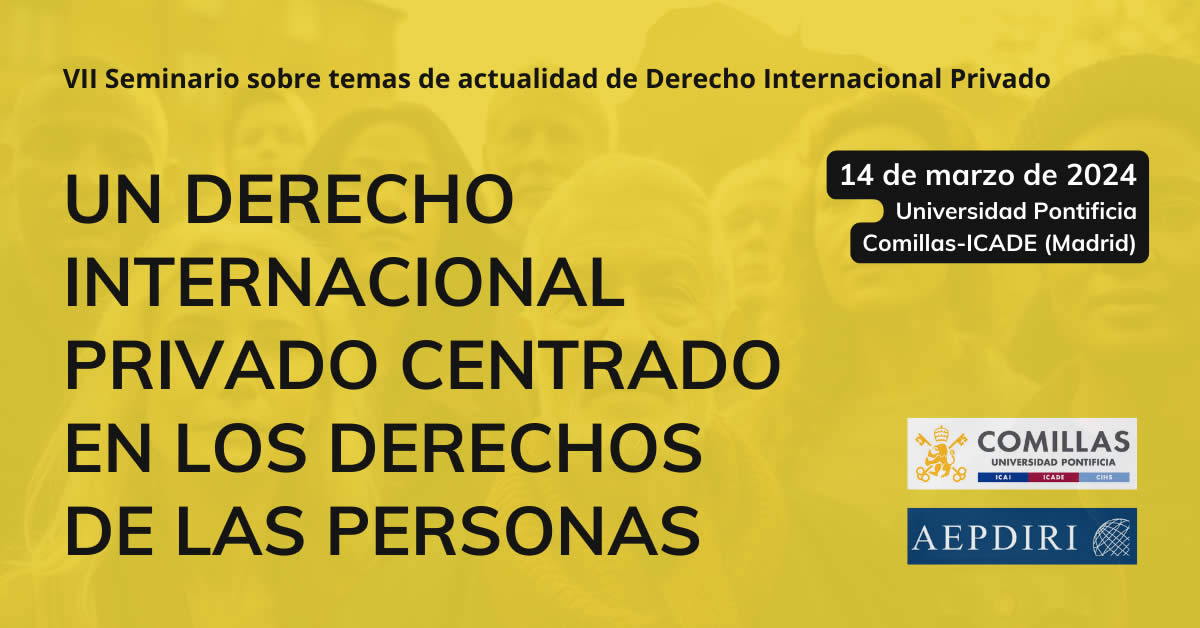
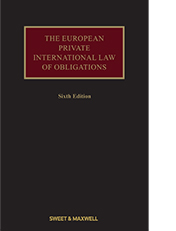
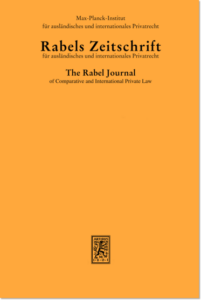 The latest issue of RabelsZ has just been released. It contains the following contributions:
The latest issue of RabelsZ has just been released. It contains the following contributions: